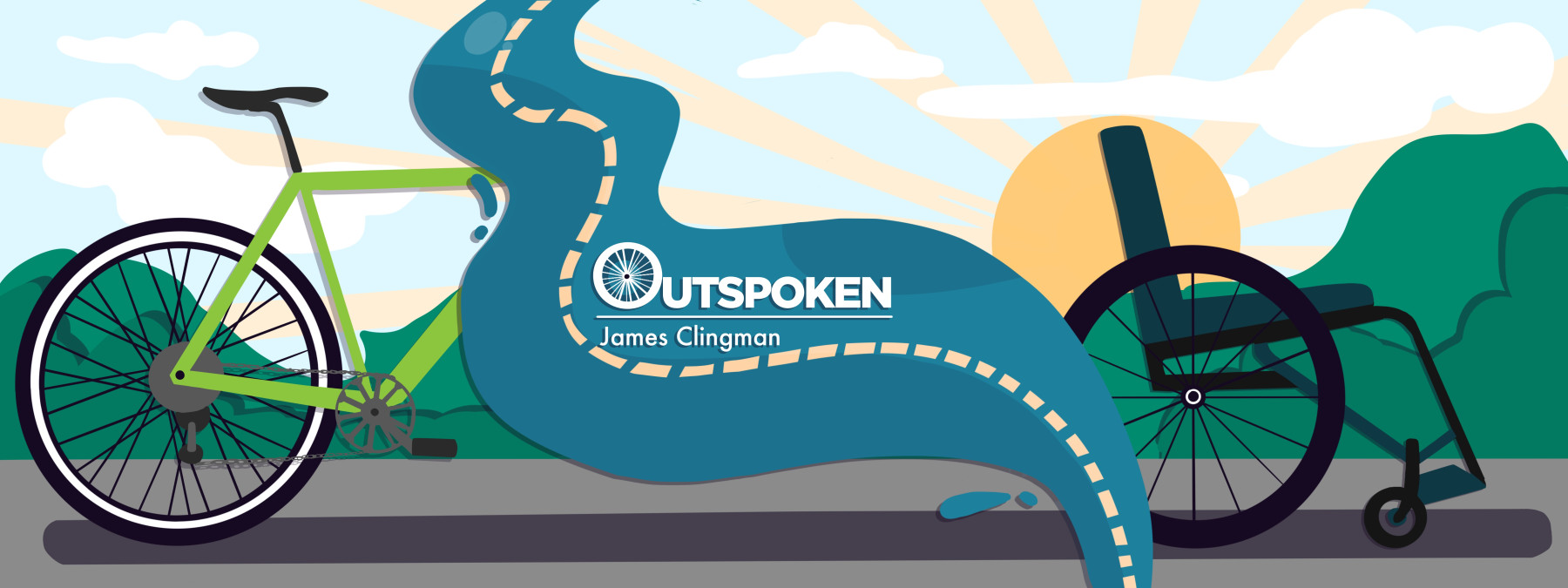The ALS trap is truly frustrating, but has also prompted patience
ALS paralysis is devastating for both patients and caregivers
Written by |

When I was in my early teens, I was awakened by what sounded like a rushing wind, followed by the inability to move any part of my body. It was a frightening sensation, and worse was the feeling of someone standing over me with the notion of harming me.
I tried to call my parents and my brother, who was in the room with me, but I could not. After a couple of minutes of terror, thinking I was dying without being able to say goodbye to my family, the sensation ended. I had been paralyzed; I had been trapped.
That was my first encounter with cataplexy, or sudden muscle weakness triggered by strong emotions, a condition that continued sporadically for years. Aside from old wives’ tales, I learned the truth about this sleep disorder during my college days, from a course titled “Sleep and Dreams.” I then began to adjust and adapt to the temporary paralysis that occurred during my cataplexy episodes. The entrapment was still there, but I was no longer afraid of it.
Back then, I felt trapped and totally vulnerable. I feel the same way now with ALS. I hear it from other patients, too, who say they feel trapped inside their own bodies. Both then and now, the most frightening aspect is being vulnerable and unable to defend myself or others. The primal fear that comes with the inability to move anything but the eyes is palpable, to say the least.
Ironically, unlike during my younger years, nowadays I look forward to sleep and dreams because it’s the only time I am not trapped. Since developing ALS, I cannot recall a dream in which I was paralyzed. All of my dreams of myself feature me doing the things I used to do.
Admittedly, ALS entrapment has created a more patient me, but that patience brings with it a great deal of frustration. The ALS trap demands that I wait until someone else makes decisions for me. It constantly reminds me that no matter what the problem is, I cannot act upon it right away. All those issues and more have created a psychological trepidation within me that I have been unable to conquer.
The guilt trap
The ALS trap not only binds me, but it also encumbers family caregivers. In some ways, that trap is worse for them because it restricts their abilities to do things they need or want to do. They have little time for themselves.
There are probably dozens of issues with which caregivers are bombarded. But the unkindest cut is the guilt trap. Many caregivers feel guilty when they have to leave, though they know they must do so from time to time. The guilt is always there because loved ones know how important their presence is to their ALS patients.
If the patient has a tracheotomy, someone has to be there to do suction. If the patient has an external ventilator, it has to be monitored regularly to assure it’s working properly. Catheters must be checked and emptied. Adjustments must be made to maintain the patient’s comfort and prevent bed sores. Meals must be prepared or feeding tubes must be filled. Oral and other personal healthcare must be done.
What does it take to prepare for the ALS trap? The first thing is to build a support network, a group of friends and family members who will help the primary caregiver. Unfortunately, in my case, having just moved to a city where we knew no one, we did not have a backup plan for things that had to be done. As my condition worsened, my wife had to take on more and more, even while working a full-time job.
The next thing is to obtain anything you will likely need as early as you can. I ordered a power chair over two years prior to using it. I got an eye gaze computer and tried voice banking while I could speak clearly. It’s the same with a shower chair, a proper bed, and other necessities. Whatever insurance you have, use it to the fullest. If you have no insurance and no other financial means, put pride aside and start a fundraiser.
Finally, but certainly not exhaustively, the patient and the caregiver must stay physically and mentally active, doing something they can and like to do. Personally, I utilize various forms of mental stimulation to mitigate the effects of the trap, such as music, reading, audio sources, conversation, and other ways to keep myself engaged.
The ALS trap will catch you every now and then, but don’t let it hold you.
Note: ALS News Today is strictly a news and information website about the disease. It does not provide medical advice, diagnosis, or treatment. This content is not intended to be a substitute for professional medical advice, diagnosis, or treatment. Always seek the advice of your physician or other qualified health provider with any questions you may have regarding a medical condition. Never disregard professional medical advice or delay in seeking it because of something you have read on this website. The opinions expressed in this column are not those of ALS News Today or its parent company, Bionews, and are intended to spark discussion about issues pertaining to ALS.







Madeleine Johnsen
I have had these experiences at night too. I don't have ALS, but sleep disorders like sleep paralysis are normal for many people too. healthy